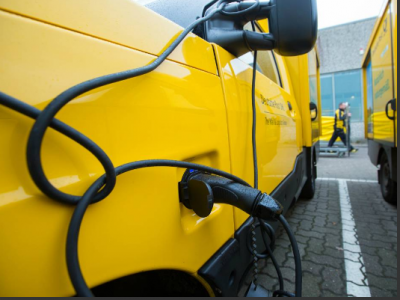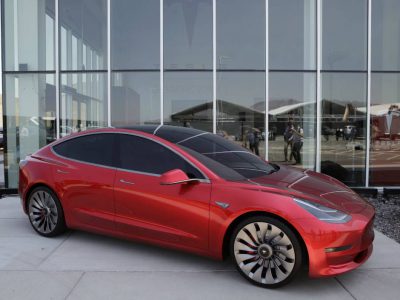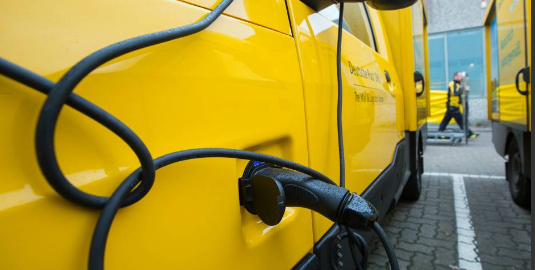CALGARY – Canada’s energy industry gathered at a petroleum museum Monday to consider how electric cars threaten oil, the country’s biggest export, especially if battery-powered cars make up 50 per cent of vehicles on the road by 2050 as projected.
Peter Tertzakian, executive director of ARC Energy Research Institute — which organized the event — said even a slow or modest adoption rate for electric vehicles over petroleum-burning vehicles could cause pain for oil producers because
“when demand moves, the price of oil moves,”
which could result in large losses for higher cost oil producers.

Oil and gas companies have attempted to forecast the rise of electric vehicles in recent years to determine the threat to their market. ExxonMobil Corp, for example, issued one of the more conservative estimates that 10 per cent of cars on the road in 2040 will be electric, but analysts at the conference say the transition may be quicker.
Keynote speaker Steve Koonin, former under secretary at the U.S. Department of Energy and New York University professor, predicts that 50 per cent of the vehicles on the road in 2050 would be electric, meaning the threat to the conventional oil and gas business is large but not immediately imminent.
The adoption rate for electric vehicles is relatively slow, but is projected to ramp up over time and with regulations.
“It takes a long time to penetrate the fleet,”
Koonin said, adding that the pace of adoption of electric vehicles will depend on battery technology.

Larry Burns, a former General Motors executive who has consulted for energy producer Hess Corp. and Alphabet Inc.’s self-driving car subsidiary Waymo, said the threat to the oil and gas industry is more near-term.
“If you’re not prepared for this inevitability, I think you’re in trouble,”
he told conference attendees.
Burns said fuel efficiency regulations in the U.S. could hamper the demand for petroleum in North America by between 30 and 45 per cent by 2025.
Read more: Vancouver Sun

Message to big oil and gas….
Don’t delay. Buy into renewables.